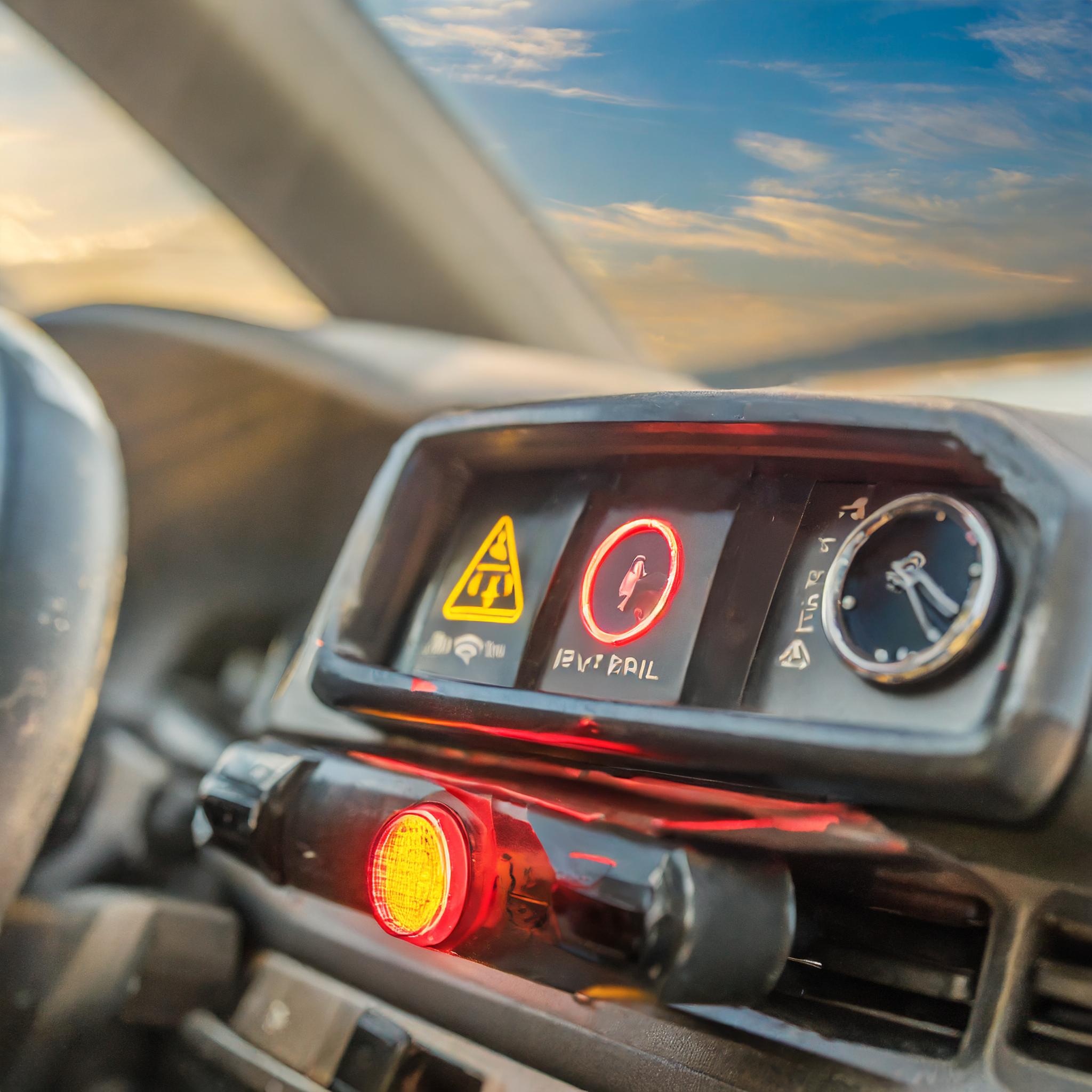1- Introduction
💡 Modern cars are equipped with dozens of dashboard warning lights and while some are harmless reminders, others could mean serious trouble, Neglecting dashboard warnings can result in unexpected malfunctions and costly repairs, In this guide, we’ll explain what the most common dashboard lights mean, how to react to them, and when you should pull over immediately.
🗂️ Table of Contents
2- Why Dashboard Lights Matter 🧠
Warning lights on the dashboard serve as your vehicle’s internal communication system alerting you to anything from small glitches to major faults, Recognizing these signals early can save you from dangerous situations or expensive repairs.
🧠 Story : Michael ignored a yellow engine light thinking it was ‘just a sensor’ Weeks later, he had to replace the entire catalytic converter.
3- Color Meanings : Red, Yellow, Green, and Blue 🚦
🚨 Red : Immediate attention needed safety or system failure
⚠️ Yellow/Orange : Warning check soon or monitor closely
✅ Green/Blue : Informational systems are on or functioning normally
4- Engine Warning Light (Check Engine) 🔧
This light may look like an engine or say ‘Check Engine’ It can mean a variety of issues, from a loose gas cap to engine misfires, If it’s flashing, pull over immediately, If solid, get the car checked soon.
5- Battery Warning Light 🔋
Indicates a charging issue, It could be the battery, alternator, or wiring, If this light appears while driving, your car may shut down once the battery drains, Inspect the alternator and battery connections for signs of corrosion or loose terminals.
6- Oil Pressure Warning 🛢️
This light looks like an oil can, It means the engine isn’t receiving proper oil flow, Driving with this light on can lead to complete engine failure, Pull over safely and inspect your oil level to avoid engine damage.
7- Brake System Alert 🛑
Appears as an exclamation mark (!) or the word ‘BRAKE’ It can signal low brake fluid, worn brake pads, or handbrake engagement, If this appears while driving, inspect the brake system before continuing.
8- Tire Pressure Monitoring Light (TPMS) 🛞
This symbol resembles a deflated tire with an exclamation mark inside, It alerts you that at least one of your tires has low air pressure, Underinflated tires can reduce grip and increase fuel consumption, Check the pressure using a reliable gauge and inflate to the recommended PSI if needed.
9- Coolant Temperature Warning 🌡️
This symbol usually resembles a thermometer in liquid, It signals engine overheating, Pull over, turn off the car, and let it cool before checking coolant levels, Driving overheated can damage the engine permanently.
10- Airbag Warning Light 🎈
When this stays on, your airbags may not deploy in an accident, Never ignore it get the airbag system inspected immediately.
11- Traction Control and ABS Indicators ⚠️
These lights show issues with anti-lock brakes (ABS) or traction systems, If they flash while driving, your car might not grip properly on wet or icy roads.
12- When to Stop Driving Immediately 🚨
You should stop driving if :
🔴 A red light flashes or remains on
🌡️ You see the temperature or oil pressure warning
🛑 Braking feels spongy or unresponsive
🧠 Story : Amanda ignored her brake warning light, Days later, her brake fluid leaked completely and she barely stopped at a red light.
13- How to Respond to a Warning Light ✅
👉 Don’t panic check color first (Red = urgent)
👉 Consult your car manual
👉 Use a diagnostic tool if you have one
👉 Call roadside assistance if unsure
👉 Never ignore persistent red lights
14- Final Thoughts
Think of dashboard lights as a vehicle’s version of health indicators they’re designed to catch your attention when something’s wrong, Learn to read them, take action early, and you’ll extend your car’s life and avoid expensive surprises, Treat these lights with the attention they deserve they could save your engine or even your life.
📌 Internal Link :
🔋 How to Know When It’s Time to Replace Your Car Battery
🌐 External Source :

